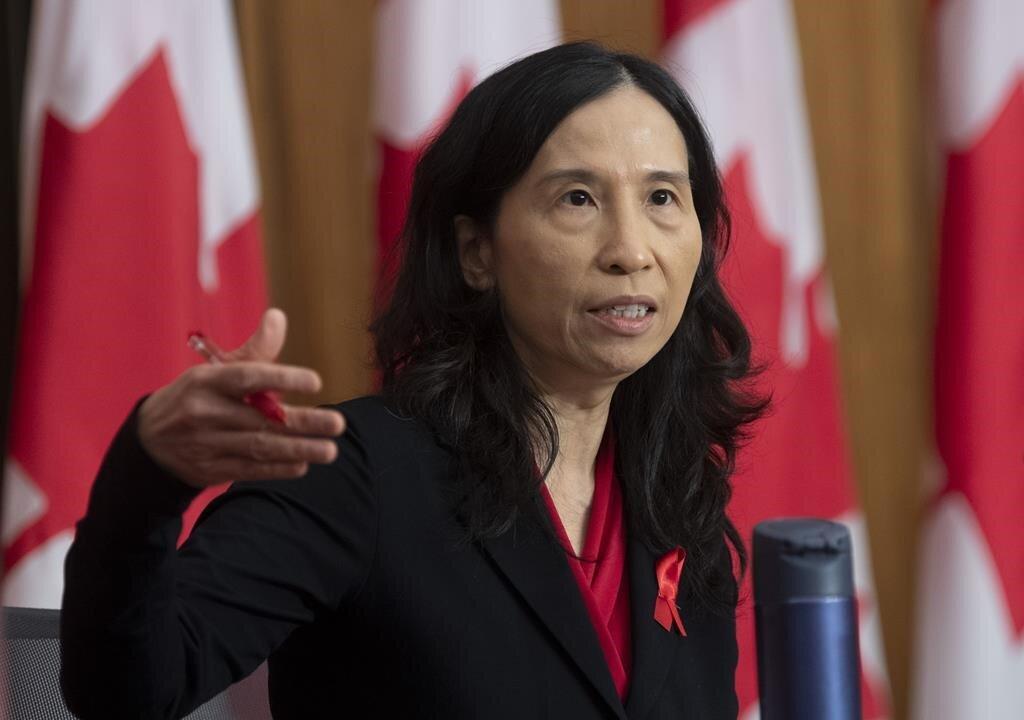OTTAWA—Canada’s chief public health officer says the first doses of Pfizer’s COVID−19 vaccine are likely to be given only to people who can physically be at one of the 14 delivery sites identified by provincial governments for the first arrivals of the vaccine.
Dr. Theresa Tam said at a briefing that it is a “rapidly evolving situation” but acknowledged that this will make it difficult to get long−term care residents vaccinated first.





